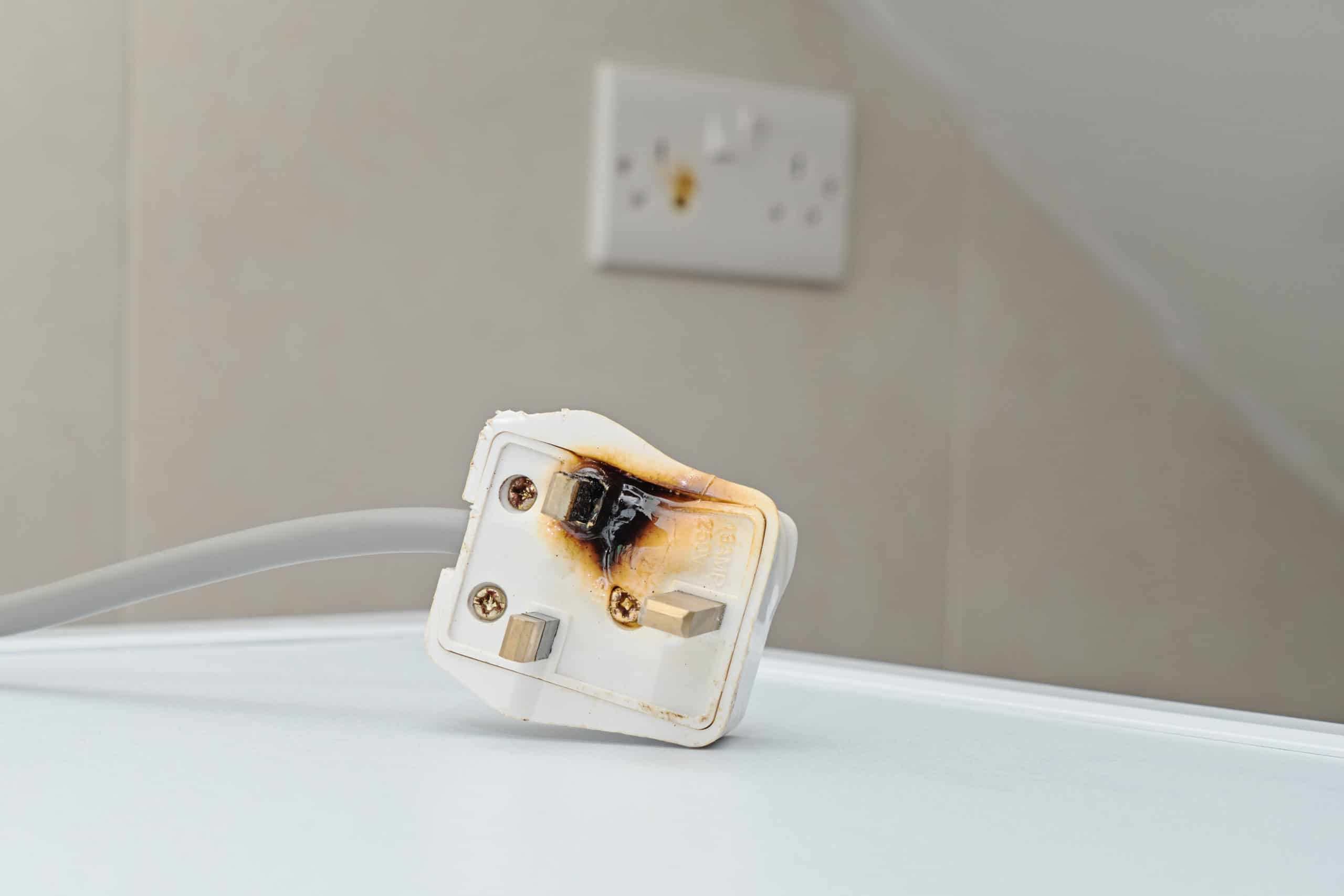When a consumer experiences harm as a result of using a product they purchased, the maker or retailer may be held legally responsible for this.
When a product is utilised properly, it should not cause harm to the person using it. They have the right to file a civil claim in order to seek compensation for their injuries if they are damaged by the product through product liability attorney.
The laws governing product liability will be applied in these situations to determine if the seller, designer, or manufacturer may be held financially responsible for the damages caused.
Forms Of Claims In Product Liability Lawsuits
Several situations in which difficulties with products result in damages can give rise to a product responsibility claim on the part of the victim. The following are a few typical illustrations.
- Errors In The Design
When a product has problems right from the start, we say that it has a design defect. A vehicle has a design problem if it is more prone to roll over in an accident, increasing the risk of catastrophic injury to the occupants.
- Failures In Production
While making a product, issues can arise. Manufacturer errors can increase the likelihood of harm in the event of a car accident by, for instance, leaving out a necessary component during assembly or improperly installing the air bag. Manufacturers of both the finished product and its individual components could be held liable.
In the case of defective airbags installed in a vehicle, for instance, both the airbag and vehicle manufacturers could be held legally liable under product liability legislation.
- Not Keeping One’s Word
There can be both written and unwritten guarantees for products.
There are certain guarantees only provided by express warranties, which must be written. All of the guarantees are made by the maker themselves.
Implicit guarantees are not stated explicitly in any contract between the buyer and the seller or distributor. These requirements are instead indicated by statute or custom. The guarantee of merchantability is an example of an implied warranty. That a product is presumed to be reasonably appropriate for its typical or customary purpose is a legal presumption. Regardless of whether the manufacturer expressly provides a guarantee for a product, if state law mandates that it be covered by warranty, that fact alone generates an implicit warranty.
- Negligence To Warn
There are variations in product security. And there are some circumstances in which it is not possible to completely remove the possibility of things going wrong.
It is the responsibility of the product’s maker to inform consumers of any known dangers before they purchase and use the item. They may have committed failure to warn if they did not give adequate warning of potential threats. Considered a form of marketing flaw that could lead to a patent infringement suit.
Product Liability Act Allows Whom To File A Lawsuit?
The regulations surrounding product liability claims have evolved over time.
As recently as the 1980s, when a product had a flaw, only the original buyer could file a claim. The term “privity of contract” was essential for this reason. This legal principle holds that only the original contracting parties are entitled to enforce any rights or fulfil any obligations arising from the transaction.
Privity of contract is not necessary in most states today. But, anyone who was hurt by a faulty product can file a claim against the company that made or sold it.
Whenever someone gets hurt because of anything that was marketed, practically anyone can sue the manufacturer.
